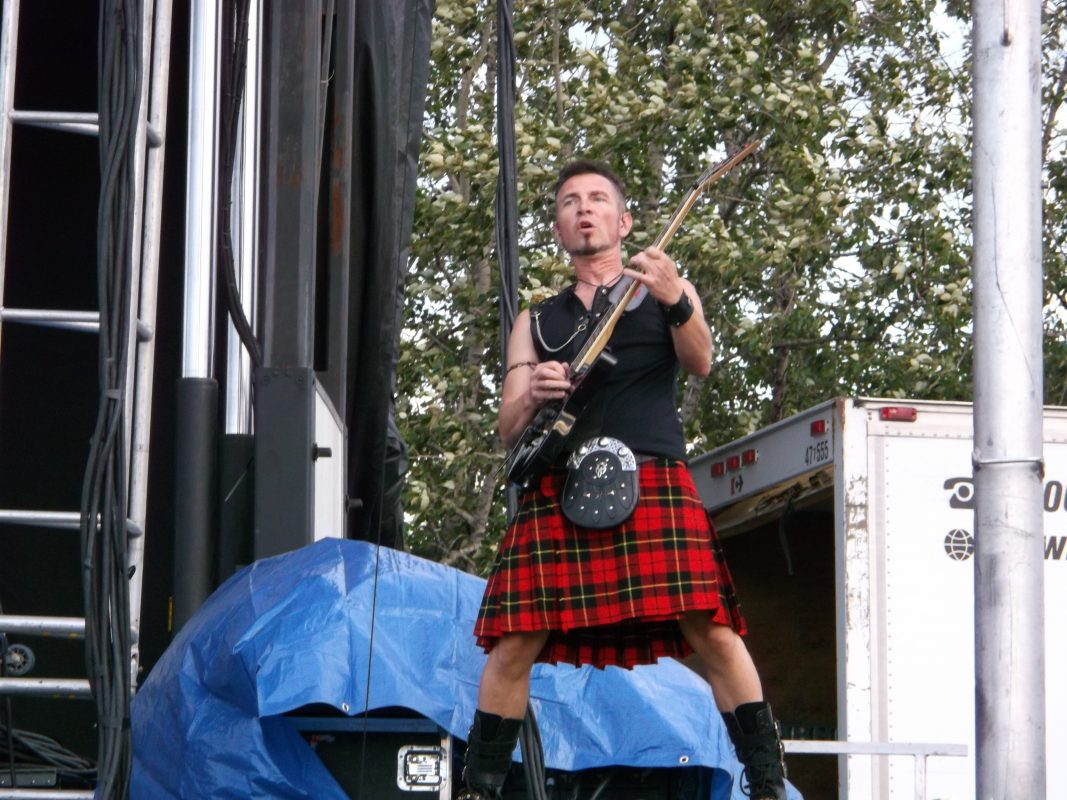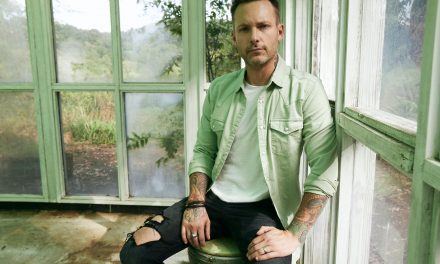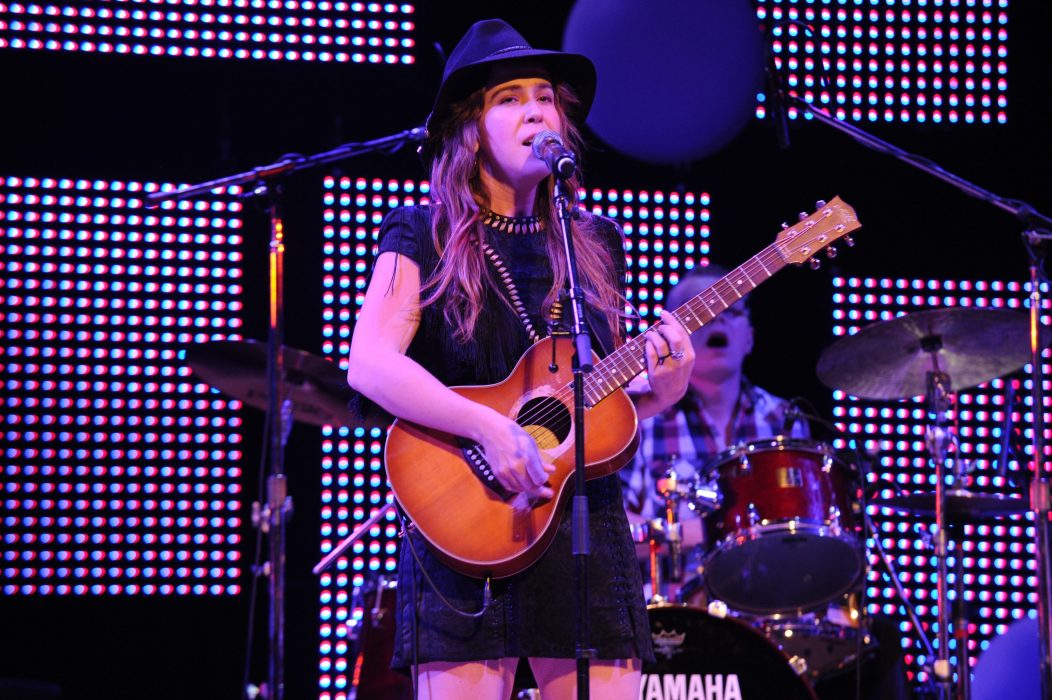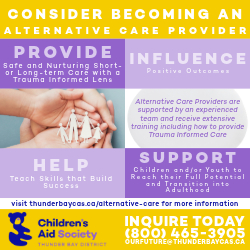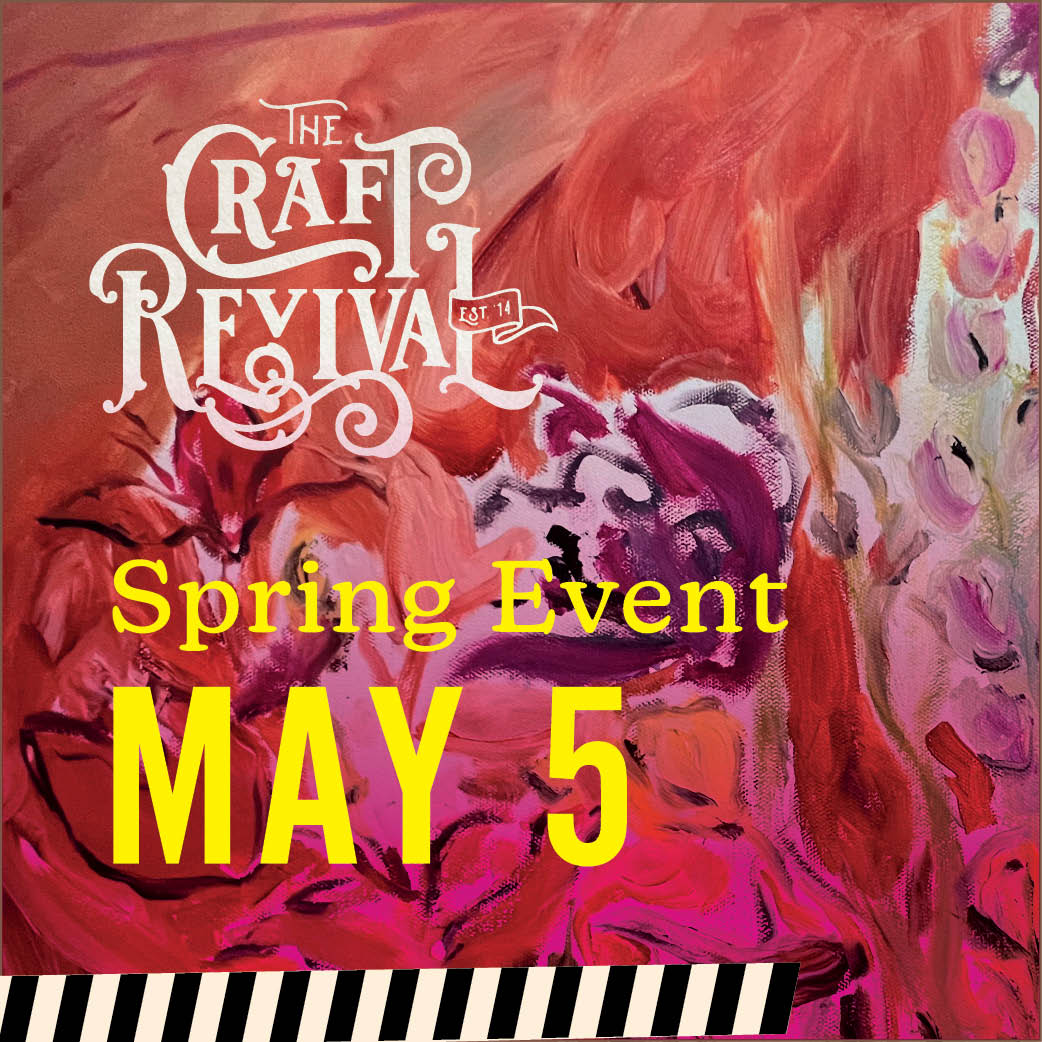An evening 20 years in the making, Grammy Award-winning Canadian singer/songwriter Sarah McLachlan returned to the Thunder Bay Community Auditorium on November 4 promoting her eighth studio album, and first release of all new material in four years. McLachlan made her first Thunder Bay appearance in 1990 with her debut album, Touch, she returned in 1992 with her sophomore album, Solace, and again in 1994 with her internationally acclaimed third album, Fumbling Towards Ecstasy. McLachlan spoke to The Walleye from her home in British Columbia shortly before embarking on the Canadian leg of her Shine On tour.
By Kyle Poluyko
The Walleye: You’re bringing your Shine On tour to Thunder Bay on November 4, making this your fourth appearance here. The first was in 1990 with your debut album, Touch, at a little venue called Crocks N Rolls.
Sarah McLachlan: (gasps) I remember Crocks N Rolls!
TW: Oh, you do?!
SM: Oooh yeah! (laughs)
TW: I’ve spoken to several people this past week who were so excited to tell me “I was there!”
SM: Oh! That’s great! Crocks N Rolls. Wow!
TW: We then saw you at the Thunder Bay Community Auditorium in 1992 promoting your second album, Solace, and again in 1994 with Fumbling Towards Ecstasy. Actually, November 4 will mark almost 20 years to the day…
SM: Oh, my god! Please don’t say it.
TW: Yes, it will be just a few days shy of 20 years to the day since you last appeared at the Auditorium on the Fumbling Towards Ecstasy tour. So it’s an anniversary of sorts.
SM: Oh my goodness! That’s shocking. I’m sorry. I apologize. That’s way too long. Way too long.
TW: Have you had many opportunities on the US/Canada leg of the Shine On tour to revisit locales and fans you haven’t been able to get to in a while?
SM: Not yet, and one of the nice things about the Canadian tour is that we’re doing a full-fledged tour. We’re hitting cities all the way across Canada, and you’ve just reminded me that we haven’t been back in a long time so that’s exciting for me. To see this great, amazing country we live in… I actually really enjoy traveling across Canada, going to all the cities and towns we haven’t been to in a while. Our days off are going to be in small towns, there’s adventure to be had and a lot of great things to see. My kids will be with me for a bunch of them. We’re still in that shoulder season and it’s going to be lovely weather—I’m channelling sunshine and temperatures well above zero.
TW: Please! Please do. We will appreciate that.
SM: This is my hope anyway (laughs). America over the summer was, you know, the larger markets. Nothing I hadn’t been to in a while, so we’re going to do another tour there in the spring and that will be more secondary markets.
TW: With your latest album, Shine On, you’ve talked about how you were experiencing a lot of personal changes in your life as it was coming to fruition. Do you make a conscious decision to make those changes—and you’ve spoken about how many of them were quite difficult—the focus of your material or is it more organic?
SM: Yeah, I would say it’s more organic. For me writing is a need. I feel like I have to do it because for me it is one of the most cathartic ways of sorting through the noise in my head. If I have some problem or struggle that really takes up a lot of my time and energy one of the best ways to deal with it is to write about it. Some great answers are discovered but more specifically it allows me to work through it in, you know, a positive fashion. I think my personal goal was to find the silver lining. Change is hard and change is good and you have to work through it and lean into it to find my way through it.
TW: You’ve talked about how there were male anchors in your life who were dissipating during this time of change. How do make that a thing of opportunity rather than a catalyst for something darker?
SM: Well, for me, that’s the only option. Going to a place of negativity doesn’t create change. It doesn’t create love or healthy relationships. It just creates animosity and mistrust. I’m a very optimistic person. I always lean towards forgiveness and finding something good in everything.
TW: On the new album “Song For My Father” is a track in which you address the loss of your father that really stands out to people. How long was it before you could put that through your musical filter and what’s the path you need to go down in order to regain the strength to do that?
SM: It was close to three years. I wasn’t necessarily trying to work on that song all that time but I think that’s when it came out. I had enough time to get moving on again and, of course, I was going through all this other stuff at the time. But just being able to look back—it was quite a loss. I even wonder if I had that much time to mourn. But the recognition of that loss came quite a long time after. But writing that song was a beautiful experience. Yeah, it’s about something sad, I lost my Dad, but he gave me so many gifts and I wanted to honour that. There’s the recognition of the loss but it’s also filled with love.
TW: I’d like to take you back to a 1991 interview —a Much Music Spotlight—in which you recounted a story about how you approached your father about your first recording contract during what you have described as a period of separation from your parents. Without questioning or hesitation he simply said, “Well, let’s get you a lawyer.” How does that unequivocal message of support your father gave you in that moment, you being a mother now, translate into your own parenting today?
SM: It’s profound, and that’s another thing about the recognition of that loss: that’s now my responsibility. I need to be that anchor. And I know that but recognizing what he gave to me really informs how I parent my kids. It’s unconditional love and it’s really… it’s tough! There are tough days but it’s simply what I strive for. Letting them know they’re going to screw up, I’m going to screw up, there’s going to be hard roads ahead but I’m always going to be there and that’s the most important thing.
TW: What’s the point of view your daughters have of Sarah McLachlan?
SM: Well they’re pretty used to it. They like—they love to go on tour. But my oldest, I think she thinks her role is to humble me. You know they watch the shows and she says “Mom, their screaming for you and that they love you and… it’s weird.” And it’s funny because I remember the same reaction from my mother. She would say “Well, I know you’re good. You’re OK. But I don’t understand this fervour. People are crying over you.” It was such a foreign concept to her and it’s much the same with my oldest, India. She says “I know you. You’re just Mom. I know your good parts and your bad parts.” So they have a healthy perspective.
TW: I’m holding in my hand a postcard you sent to my sister back in 1994. She was going through a difficult time. Your music really spoke to her and you were gracious and generous enough to write to her and encourage her to keep going, that there was love around her. I’m wondering what the emotional impact is that you’ve felt from fans attaching their personal stories to your music?
SM: Well, for me, it’s one of the greatest validations I could receive. Not just as a person but as an artist. I can’t even begin to tell you the number of people who come up to me and tell me that something I have created has touched their life and helped them in some way. And you don’t even know that when you’re creating but—we’re all desperate for connection and when you hear that someone has gone through something and they feel, you know, “Someone out there gets me. Someone understands what I’m going through,” that’s pretty profound. Thank you. Thank you so much for sharing that.
TW: In our June review of Shine On we said that “love and hope are eminently evocative through many tracks.” Would you agree with that?
SM: Definitely. It’s the way I choose to live my life. I don’t like negativity. For me, it’s something to work towards—creating that change in my life. I mean, if you’re going to have a shitty day you’re going to have a shitty day. But there’s an opportunity to say “I’m going to have a great day. I’m going to turn it around. Use all that intention and you can really shift your mood. And you know, when I think I’m having a bad day? Look around! I have a roof over my head. I have my kids and my kids have their health. There’s nothing wrong this day. There’s a lot of good. That’s how I try to do it. Of course, it doesn’t work every day but you have to try.
TW: Could you tell us about the new tour? What are the live performances you’ve shaped for your audiences?
SM: Well I think it’s a fun show. It’s an interactive show. I should say it is “An Evening with Sarah McLachlan.” There is no opening act. I’m doing a lot of stuff off the new record – lots of new things and lots of old things. And I’m always trying to figure out news ways to engage the audience and, I guess, to really thank my fans. We created this opportunity on social media where people can tell us how they shine. Again, it’s trying to get people listening and telling their stories because when people tell their stories you go “Oh my god! Someone else is going through this!” and there are all these other people having way worse times than me. And you get the advantage to Shine On and persevere through it. So what we do is randomly select in every city a bunch of people to come and hang out on stage. I’m bringing my living room with me. So we put it on the side of the stage and they come up a couple of time. We invite two different sets of people up to hang out with me. I go over and chat with them, take pictures, and they get to see what it looks like from my perspective. And then we play music!



